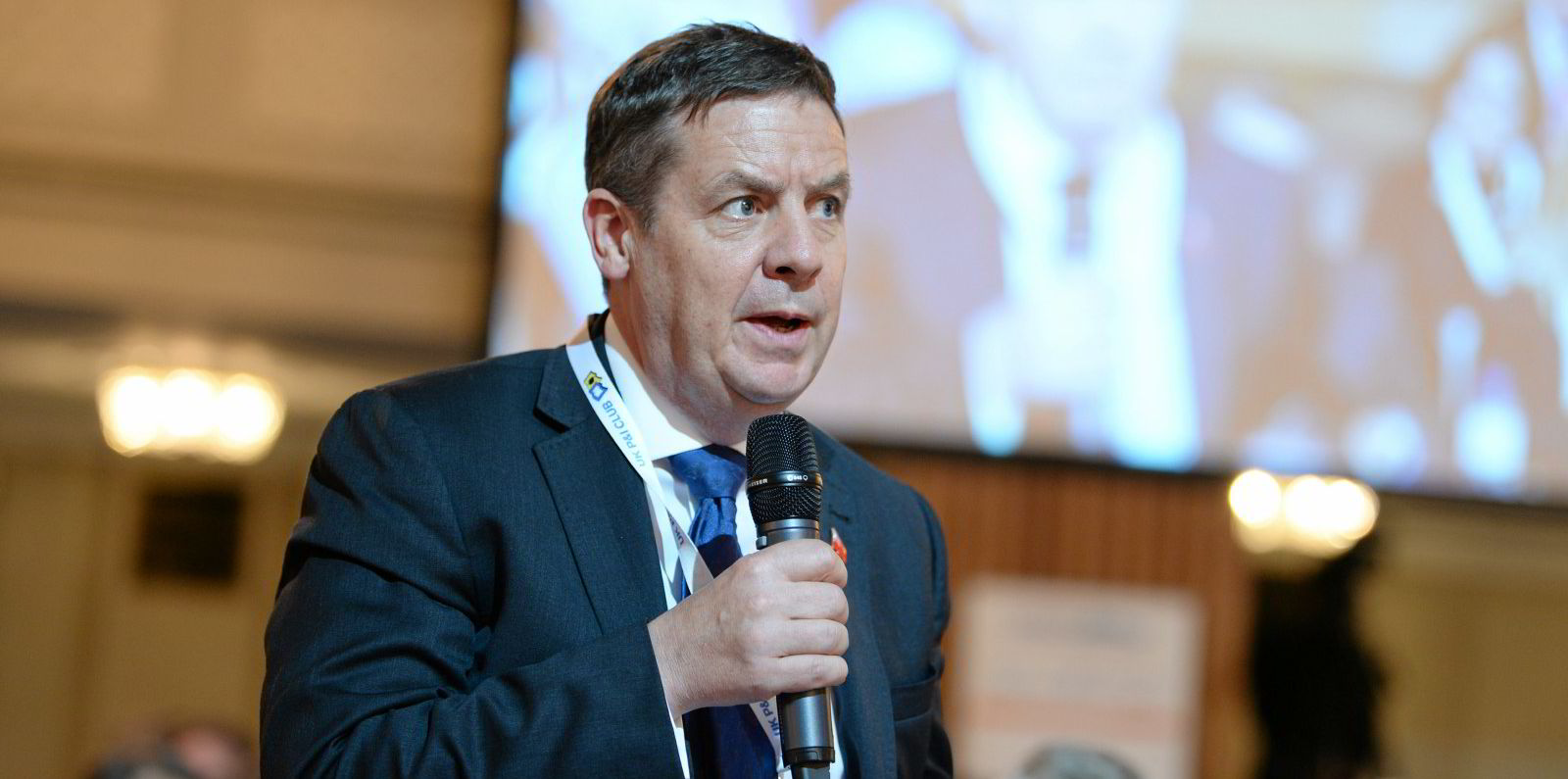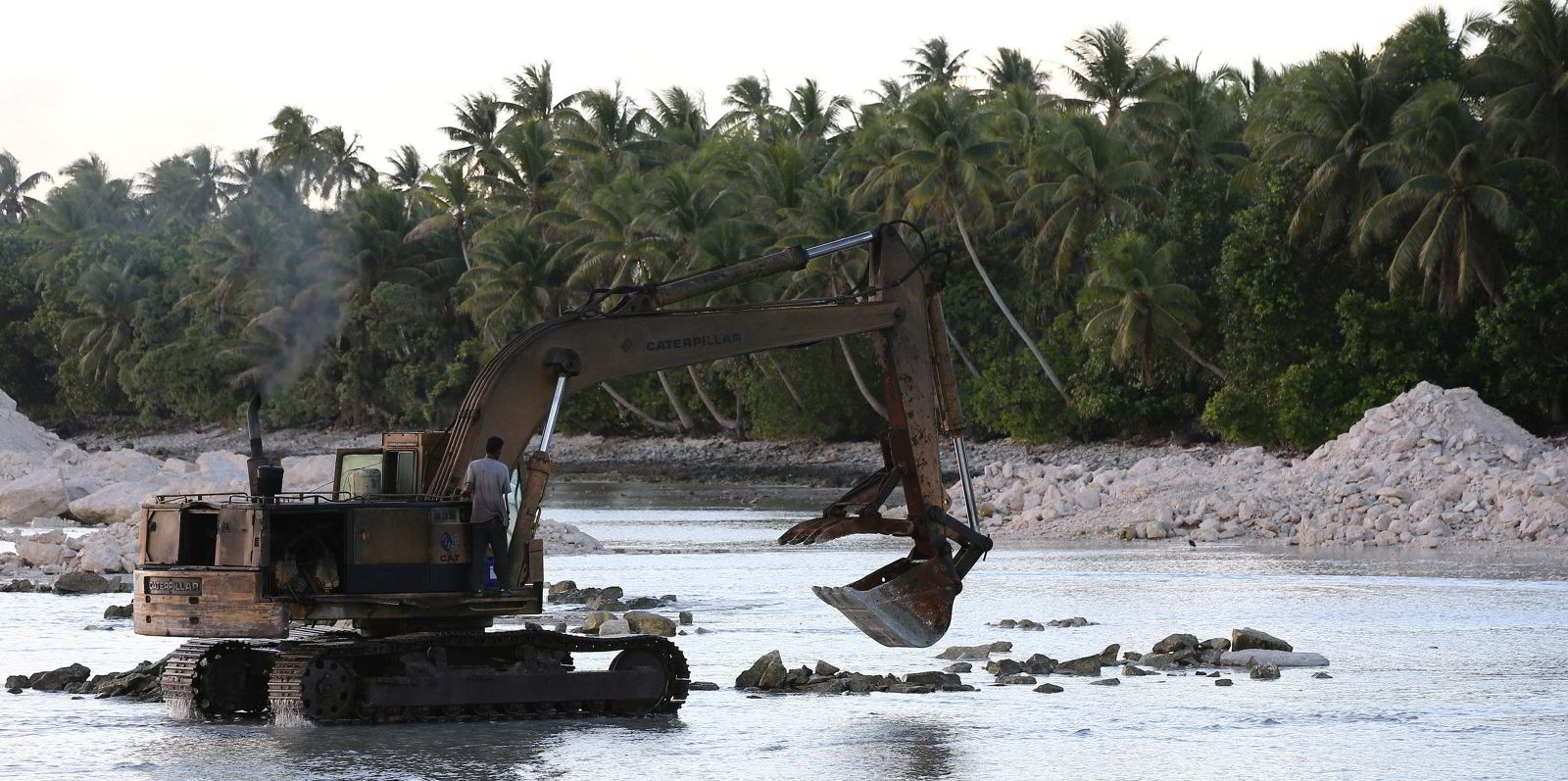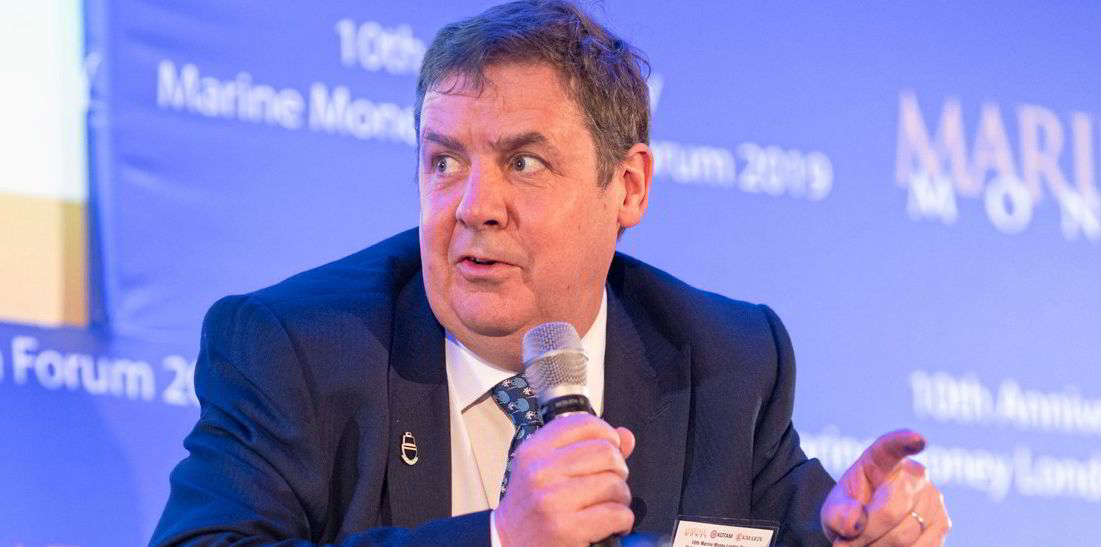The new proposal from the International Chamber of Shipping (ICS) for a global levy on carbon emissions is an important move.
What is arguably the most significant shipowner body in the world is calling on the industry to pay its way on pollution — although it is customers who will most likely ultimately foot the bill.
The acceleration in policy has no doubt been partly triggered by the European Union’s determination to press ahead with a regional CO2 cap and trade scheme.
But there is also increasing pressure inside the International Maritime Organization itself for shipowners and charterers to act more decisively and quickly.
The Marshall Islands has already submitted proposals to the IMO for a global tax on shipping starting at $100 per tonne and rising to possibly $300 per tonne by 2030.
Soren Skou, chief executive of liner giant AP Moller-Maersk, says we may need a carbon tax of $450 per tonne to cover all greenhouse gases from shipping.
The ICS — which is also supported by dry bulk operators group Intercargo — has now come forward with its own scheme.
It should be applauded — especially as some of their own members are probably opposed to it.
No one wants to impose extra costs on themselves but putting one's head in the sand over the climate crisis is not possible.
Violent consequences

The fact is that shipping — like other industries and humanity in general — have damaged the planet for free — this far.
And the violent consequences are being seen in nature around us.
Gibson Shipbrokers reported this week that an increase in extreme weather events such as Hurricane Ida, will trigger more spikes in tanker rates going forward.
Few doubt these destructive winds or the worsening wildlife fires raging in California are related to climate change.
At this stage, we do not know what the financial impact would be from the levy proposed by the ICS. No details have yet emerged as to how high that “tax” would need to be, but it would be applied to all vessels over 5,000 gt.
The ICS does specify that all of the money should go into a climate fund run by the IMO to create “green” bunkering infrastructure.
Platten believes the EU scheme was more about generating income for itself but Brussels always insisted it would wrap its Emissions Trading Scheme (ETS) happily into a global one — if that were available.
This would be entirely separate from an earlier ICS plan to spend $5bn to create zero-carbon vessels — decried by environmentalists as far too little, too late.
Guy Platten, the ICS secretary general, argues the new levy idea is superior to the EU one in that it gives more price certainty and investment stability.
To my mind the biggest advantage is the fact that it is a global scheme that means everyone plays by the same rules.
Platten believes the EU scheme was more about generating income for itself but Brussels always insisted it would wrap its Emissions Trading Scheme (ETS) happily into a global one — if that were available.
Equally, the proposal to the IMO from the Marshall Islands, which is supported by the Solomon Islands and Kiribati, wants half of the money raised to be used for general climate mitigation and adaption, especially in countries like its own.
The Marshall Islands really is at the front end of the climate crisis. Scientists warn it could be inundated with water by 2080 if global heating continues on its present trajectory.
The country has a tiny population clustered on some 29 atolls in the middle of the Pacific Ocean. But it has significant clout in the maritime world because it is an offshore home to one of the biggest registered fleets in the world.
Carbon costs
Skou told the BBC that his company’s fuel bill, covering ships and other transport logistics, was about $4bn a year.
To go carbon free would perhaps double that cost and Maersk customers would need to pay an extra 20% or so.
But as he emphasises for the individual consumer, for the individual product, it will be next to nothing.
It “would in a container with sneakers from Vietnam, translate into something like six cents per pair of sneakers so I don't think it will really impact opportunities for consumers out there”.
Already environmental activists are targeting customers of shipping companies such as Amazon to “ship it zero” and “abandon dirty ships”.
With COP26 climate talks opening in Glasgow in less than eight weeks' time, the ICS initiative should help dispel the notion that the uncaring captains of the global shipping industry are cloth-eared or asleep on the bridge.






